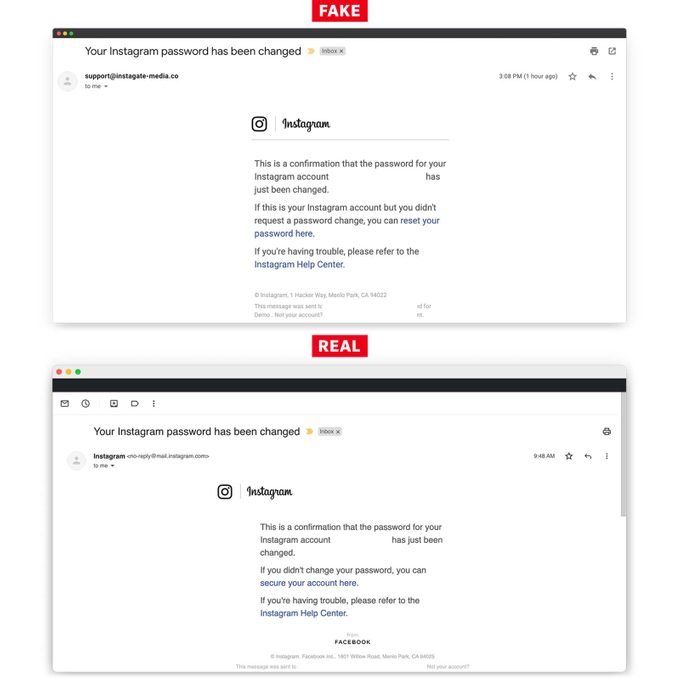What Is Spoofing, and How Can You Protect Yourself from These Scams?
Spoofing is a funny word, but its consequences are serious. Here’s how spoofing works, the many forms it can take and how to protect yourself against it.
Just when you think you know how to avoid security threats online, cybercriminals keep getting savvier. Spoofing—a scam in which a criminal pretends to be someone else so they can commit fraud, spread malware or carry out other cyberattacks—is the latest in a long list of online scams to keep on your radar.
Here’s the good news: Taking simple security measures, like learning about spam texts to delete immediately, the area codes phone scam and the four-word phone scam, can make it harder for fraudsters to fool you. To help you stay safe, we’ve asked cybersecurity experts to explain how spoofing works and what you can do to avoid falling victim.
What is an example of spoofing?
A spoofing scam might be an email, text message or phone call that appears to be from a trusted source, like a loved one or even a popular brand. But in reality, a fraudster is behind the fake email address or phone number, hoping to convince you to download malicious software, send money or share personal information or data with them.
Spoofing attacks can take many forms. In one recent example, hackers created phony Zoom invitations for virtual meetings at community associations and school boards. Victims who clicked on the document attached to the emails infected their devices with malware. Other examples of spoofing include emails posing as a request from PayPal or eBay for your login information, or text messages that appear to be money transfers from an online wallet or bank.

Is spoofing a crime?
Spoofed emails, phone calls or text messages that lead to criminal acts such as attempted hacking, fraud or financial theft are illegal, according to Karim Hijazi, CEO of cyber intelligence company Prevailion and a former contractor for the U.S. intelligence community. It happens more often than you think too. In a recent FBI report, people reported losing more than $82 million to spoofing scams in 2021.
If you are the victim of spoofing or other online fraud, you can file a complaint with the FBI’s Internet…


